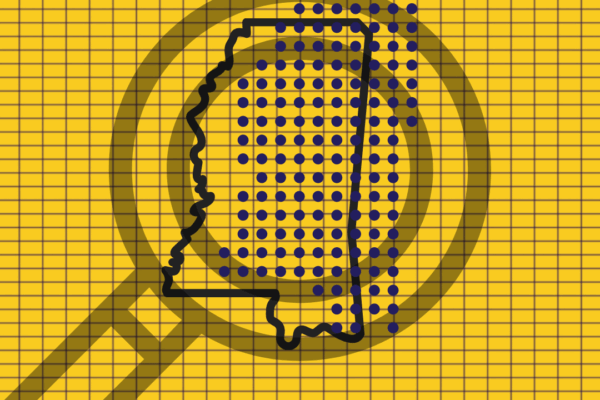Since the nation’s founding, Black, Indigenous, and other people of color have faced disenfranchisement. As redistricting begins, we’re watching to make sure our political leaders don’t continue to disenfranchise these same communities.
Every 10 years, district maps are redrawn according to the census to ensure fair and equal representation for the population. The 2020 census was a historic population count of the United States. Virtually all of the population growth in our country between 2010 and 2020 was due to growth in communities of color. Overall, the population of people who identify as non-Hispanic white alone has shrunk while the population of those identifying as mixed-race or as a racial minority has grown.
Yet sometimes we get corrupted maps that stray far from these democratic ideals. These maps are the result of something called gerrymandering, and they can have very real consequences for the people they’re meant to represent.
Gerrymandering is not just a new phenomenon. And it has often been used to deprive communities of color, and Black communities in particular, of political power. After the South lost the war, slavery had not only ended, but the 15th Amendment gave freed slaves the right to vote. But still Southern leaders did not want Black people to have political power, so Southern legislatures decided they would need to come up with ways to disenfranchise them.
In states like Alabama, Arkansas, Georgia, Louisiana, Mississippi, South Carolina, and many others, district lines have often been drawn to favor largely-white-rural areas, and to minimize the political power of urban areas where many Black people live. This dilution of Black political power in these states continues today.
What is the ACLU Doing?
Representation is important. Not only does it promote the trust needed for the successful relationship between the governors and governed in any democratic society; it promotes fairness. If the United States is a representative democracy, then it is important that legislatures reflect the diverse populations they serve.
When politicians use redistricting to manipulate the outcome of elections — a process known as gerrymandering — it undermines democracy and stifles the voice of voters. Voters should be picking their politicians; not the other way around.
That’s why the ACLU filed a federal lawsuit this month demanding that South Carolina establish a concrete, transparent redistricting schedule. Redistricting is not easy. To achieve equal population among districts while respecting existing communities and complying with relevant laws, the Supreme Court has emphasized that redistricting requires a meticulous, “intensely local” analysis. Yet the legislature has held minimal hearings, many only in-person despite the delta variant of COVID-19, and many at times that do not work for working people. South Carolinians deserve to know when their electoral maps will be drawn — and that they will be drawn fairly.
In September we also filed a lawsuit challenging the Ohio state legislative map as unconstitutional partisan gerrymandering. As the first state in the nation to pass statewide maps this year, Ohio had a promising opportunity to show the country what fairly apportioned electoral district boundaries look like. Instead, the state of Ohio presented a map that was grossly gerrymandered and far from fair.
Most recently, in November we filed a lawsuit against the state of Alabama. The lawsuit cite Alabama’s “sordid record” of its white majority using racial discrimination to maintain power. Alabama’s new maps are unconstitutional and grossly gerrymandered in a way that harms Black Alabamians, communities of color, and all Alabamians who care about fair representation.”
As redistricting continues nationwide, the ACLU will continue to monitor state legislatures and independent commissions across the country to ensure they heed the fundamental principles of democracy, representation, and equality.


